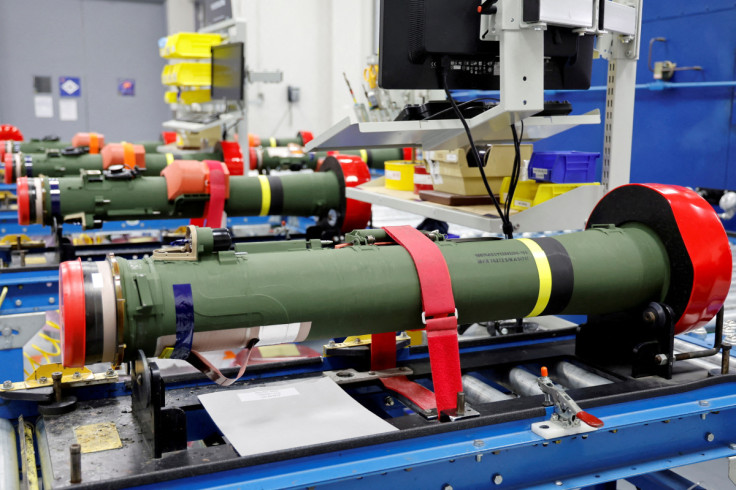Lockheed Martin Wins $17 Billion Contract For Next-Generation Missile Interceptors

The U.S. Missile Defense Agency announced on Monday that Lockheed Martin has secured a $17 billion contract to spearhead the development of the next-generation interceptors (NGI) designed to safeguard against potential intercontinental ballistic missile threats.
Lockheed Martin edged out rival Northrop Grumman to win the multi-year missile contract to develop and manufacture a new warhead for the ground-based missile interceptors deployed in California and Alaska.
"The American defense industry is one of our country's greatest strengths, and having to decide between the two different design approaches was very difficult," said Lieutenant General Heath Collins, Director, Missile Defense Agency in a statement.
"That said, in our effort to Go Fast and Think Big, we are very confident in our decision to go with Lockheed Martin and its plans to develop and field a Next Generation Interceptor that will meet USNORTHCOM's operational need and be ready for emplacement in 2028," Collins added.
The interceptor program's objective is to counter present ballistic missile threats and anticipated technological advancements from nations like North Korea and Iran. It isn't intended to stop waves of missiles that could be launched by China or Russia.
Securing this contract is a boost for Lockheed following the U.S. decision to decrease F-35 orders and the Army's February decision to halt the development of a Future Attack Reconnaissance Aircraft, a next-generation helicopter project where Lockheed was involved in the design phase.
The agency expressed confidence in its decision, citing the technical maturity of the solutions, objective contractor-provided performance data, technical rigor in the design development process, and early testing built into the program from the outset.
The NGI is presently in the technology development phase and is slated to transition to product development in May. The U.S. intends to procure 20 interceptors and deploy them at Fort Greely, Alaska.
The plan is to deploy the new NGI by the end of 2028 at the latest. Collins, who heads the agency, informed a congressional subcommittee last week that both competing teams had "successfully completed their Preliminary Design Reviews."
Collins had previously stated that the agency would choose between Lockheed and Northrop Grumman for the program. Both companies were granted separate contracts in 2021 to develop their designs.
The Biden administration has requested $28.4 billion for missile defenses in its fiscal 2025 budget.
The new interceptor aims to rectify the shortcomings of a previous failed warhead program that unfolded during the Obama and Trump administrations. The Boeing contract was terminated in August 2019 after $1.2 billion had been expended, with plans for deployment by 2023.
The U.S. subsequently opted to restart the contract process to solicit bids for the entire interceptor. Boeing was eliminated from the competition in 2021.
© Copyright IBTimes 2024. All rights reserved.











